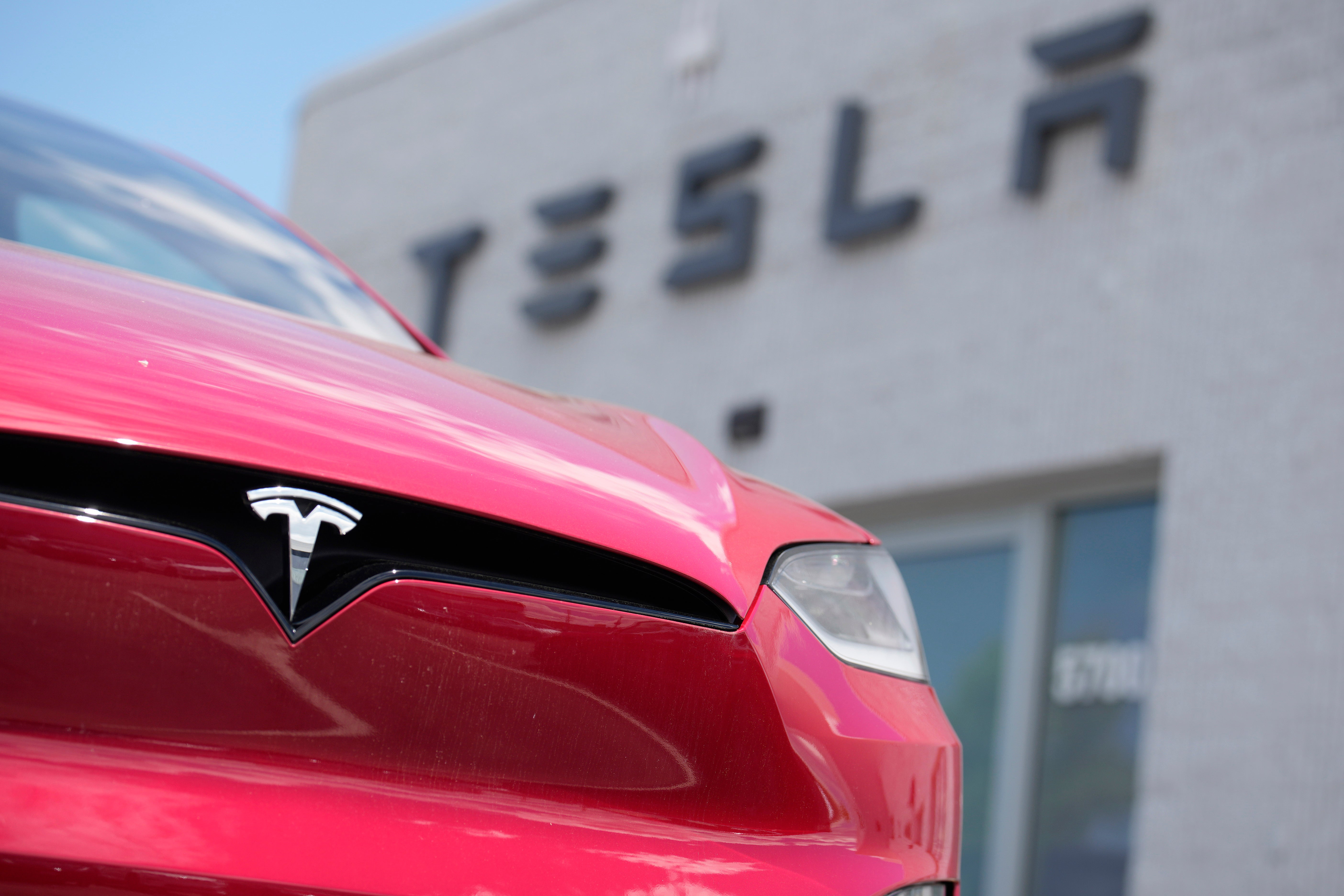EV maker Tesla breaks ground on Megapack energy storage battery factory in Shanghai
Chinese state media have reported that electric vehicle maker Tesla has begun construction of a factory in Shanghai to make its Megapack energy storage batteries

Electric vehicle maker Tesla has begun construction of a factory in Shanghai to make its Megapack energy storage batteries, Chinese state media reported Thursday.
The $200 million plant in Shanghai’s Lingang pilot free trade zone will be the first Tesla battery plant outside the United States.
Tesla opened an EV plant in Shanghai in 2019 that assembles cars for China, Europe and other overseas markets. It is the No. 2 seller in the booming Chinese market for electric vehicles. The market leader is Chinese auto company BYD.
The state-run Xinhua News Agency lauded Tesla's commitment to investing in China and “defying the rhetoric of ‘decoupling’ and ‘de-risking’ from China.”
It said the factory was slated to start mass production in early 2025, with an initial capacity of 10,000 Megapack units a year.
According to Tesla's website, each Megapack can store more than 3.9 megawatt hours of energy — enough to power an average of 3,600 homes for one hour. They are designed mainly for utility companies and commercial facilities.
Such storage units have become increasingly important with the growth in solar and wind energy, which only generate electricity when weather conditions are favorable and need to store it for when residential and commercial users need it.
China is by far the world leader in installing wind and solar capacity, making it a major market for energy storage.